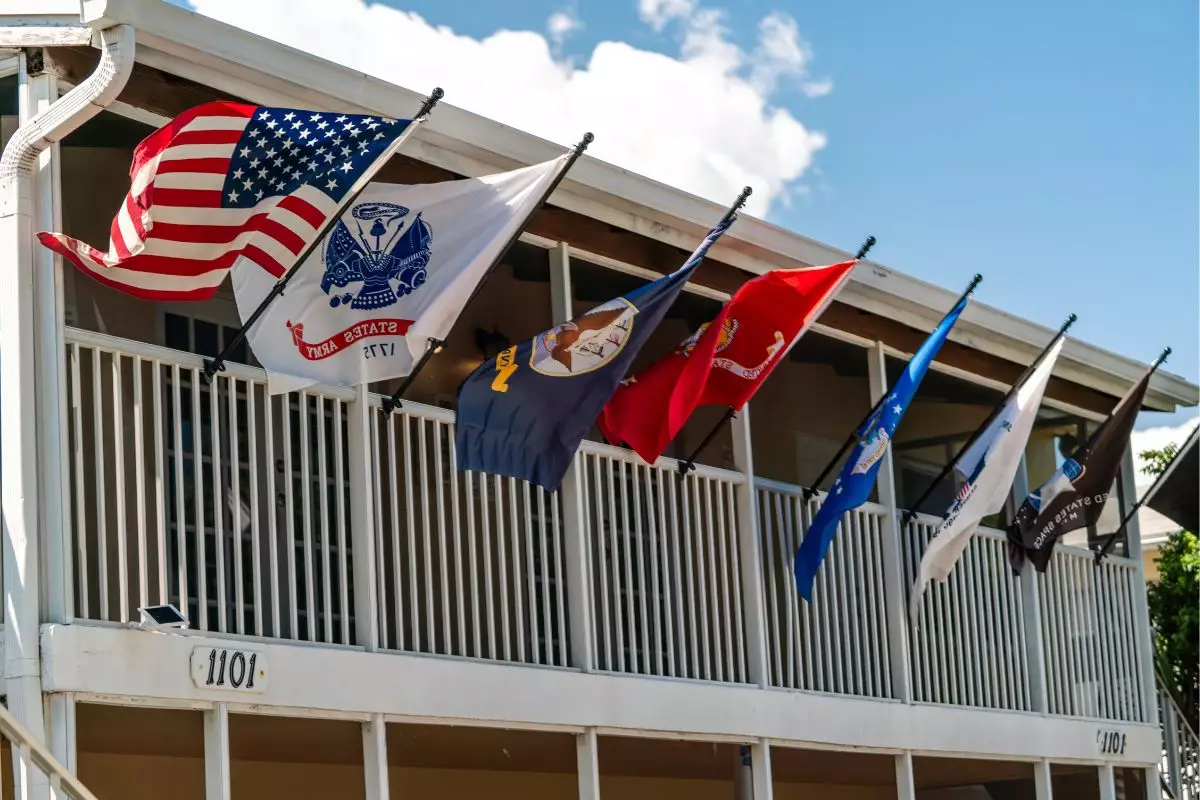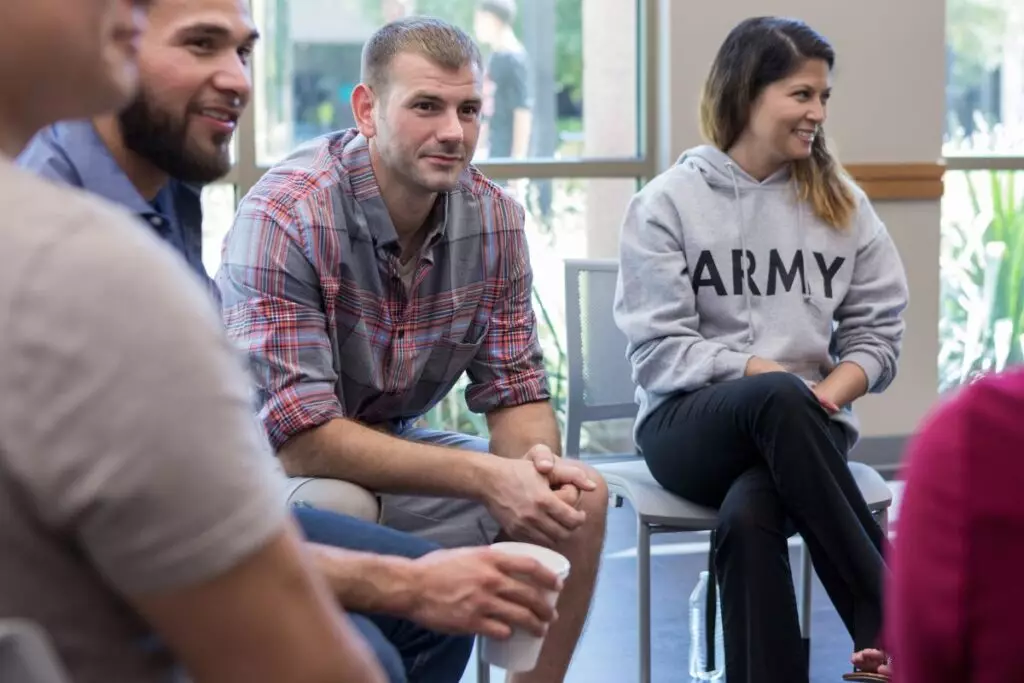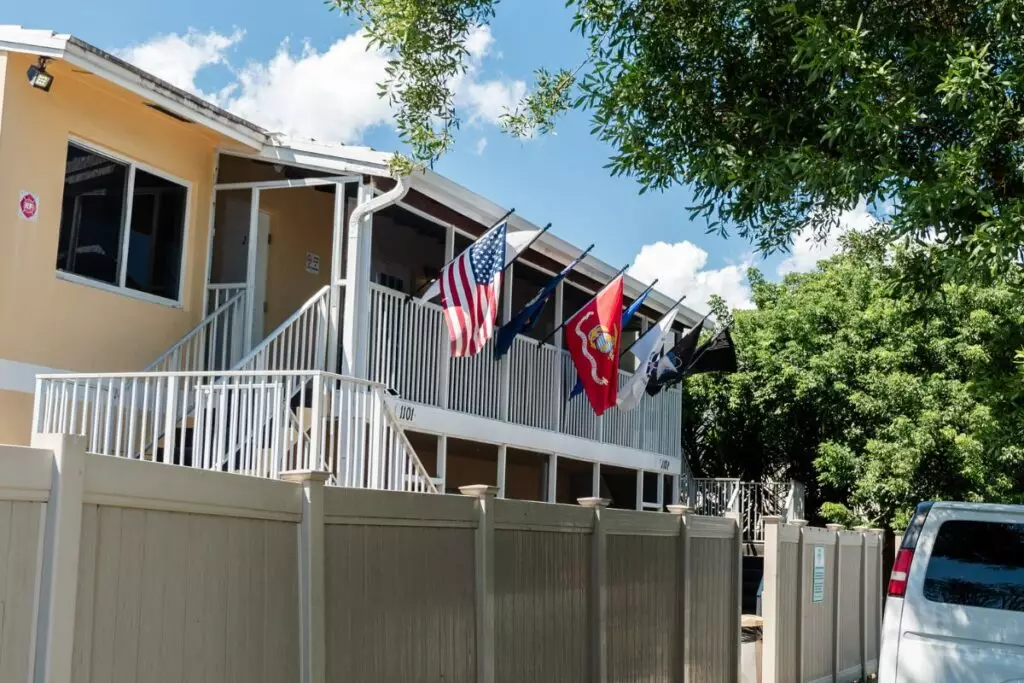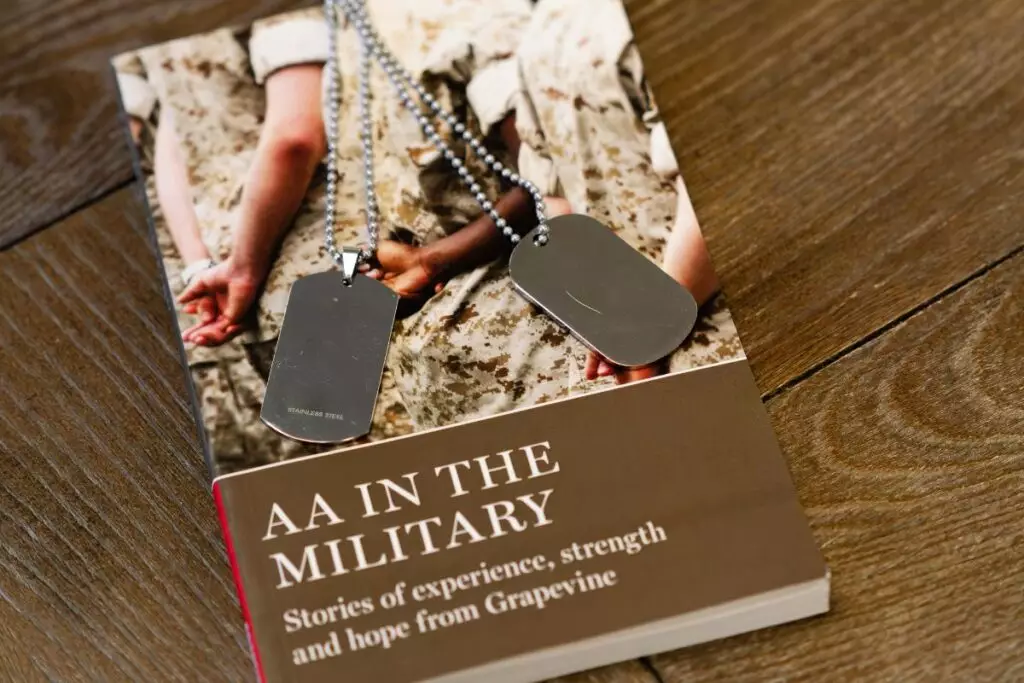Veterans
Our specialized addiction treatment program for veterans is sensitive to their unique needs and dedicated to helping veterans reclaim control over their lives.

Why are so Many Veterans Affected by Addiction?
Our veterans selflessly serve and protect our country, but they are unfortunately affected by addiction and mental illness at staggering rates. More than 10% of veterans struggle with addiction, a rate slightly higher than the general population.
Veterans can face unique challenges that make them more susceptible to addiction. First and foremost, Many veterans experience traumatic events during their service, leading to conditions like Post-Traumatic Stress Disorder (PTSD). Coping with the aftermath of trauma can trigger substance use as a way to self-medicate and numb emotional pain. In fact, trauma, PTSD, and substance abuse in veterans are so intertwined that more than 20% of veterans with PTSD also have a substance use disorder, and more than 33% of veterans who seek addiction treatment also meet the criteria for PTSD.
Other challenges veterans face that may contribute to substance abuse and addiction include:
- Physical Pain – Injuries sustained during service often lead to chronic pain. Prescription medications like opioids that are commonly prescribed for pain management can sometimes lead to dependency or misuse, contributing to addiction issues.
- Transition Challenges – Transitioning from military to civilian life can be incredibly challenging. Veterans might struggle to find purpose, employment, or a sense of belonging, which can increase the risk of turning to drugs or alcohol as a coping mechanism.
- Social Isolation – Veterans might feel isolated or disconnected from regular civilians due to the unique experiences they’ve had during duty. This isolation can lead to feelings of loneliness or alienation, prompting some to seek solace in addictive substances like drugs or alcohol.
- High-Stress Environments – Military life is often high-pressure, and veterans might find it challenging to adjust to a less structured civilian life. Environmental stressors can trigger substance use as a way to cope.
The Unique Needs of Veterans Seeking Addiction Treatment
Sometimes, veterans face barriers to accessing proper healthcare, including addiction treatment. This might be due to long wait times, limited resources, or a lack of specialized services for veterans. After all, veterans have unique needs when it comes to treatment and recovery.
At 1st Step Behavioral Health, we offer a specialized veterans rehab program that addresses the needs of veterans and active duty military.


Sensitivity to Military Culture
Veterans respond well to treatment programs that understand military culture and values. Therapeutic approaches that respect military experiences while providing a supportive environment are essential for establishing trust.
PTSD and Dual Diagnosis Treatment
Many veterans struggle with PTSD alongside addiction. Other mental health conditions, like depression and anxiety, are also common among veterans. Providing integrated treatment for co-occurring disorders is crucial to address both issues simultaneously. This is accomplished through trauma-informed care and trauma therapies, such as Eye Movement Desensitization and Reprocessing (EMDR) therapy, Cognitive Processing Therapy (CPT), and Prolonged Exposure Therapy (PE).
Access to Veteran’s-Specific Resources
Connecting veterans with specialized resources, such as VA benefits, support groups, and vocational training programs, helps in their overall recovery and reintegration into civilian life.
Trauma-Informed Addiction Treatment for Veterans
Veterans often experience trauma during their service, as a result, it’s essential to use trauma-informed approaches. Trauma-informed care recognizes how past experiences might impact addiction and recovery. This includes recognizing symptoms, understanding triggers, and being sensitive to the experiences that veterans may have faced during their service.
In a trauma-informed approach, there is a focus on creating a safe and trustworthy environment. Veterans need to feel physically and emotionally safe to engage in treatment. Establishing trust between veterans and treatment providers is essential for effective care. Treatment settings are also mindful of avoiding re-traumatization. This includes being aware of potential triggers, using non-confrontational approaches, and allowing veterans to opt out of activities that may cause distress.
Additionally, it’s crucial that veterans have a sense of control and independence over their treatment program. Allowing them to make choices within the treatment process fosters a sense of empowerment and self-determination as well as motivation to push forward with recovery.
Our Commitment to Veterans
At 1st Step Behavioral Health, we recognize veterans’ immense sacrifice and unique needs as they navigate the path to recovery from addiction. Our commitment to veterans is rooted in a deep respect for their past, an understanding of their needs, and a tailored approach to healing.
Our dedicated team, composed of professionals with expertise in military culture and trauma-informed care, is committed to offering compassionate, evidence-based treatments that address addiction alongside any co-occurring conditions such as PTSD.


We prioritize creating a safe, nurturing environment where veterans feel understood, respected, and supported throughout their journey to sobriety. Our programs are designed to empower veterans by offering personalized treatment plans that consider their individual needs, experiences, and goals.
Our commitment to supporting veterans extends beyond treating them at our Florida rehab facility; we are also devoted to helping veterans access necessary resources, support networks, and opportunities for growth in their recovery. We stand by our veterans, providing ongoing support as they transition from treatment to long-term recovery. We encourage our veterans to participate in our alumni program, attend continued support meetings, live in sober living, and ask for help whenever they need it.
Take the First Step Today
We can help you get better. Contact us today to find out which program might be right for you, or to begin the process of arranging for treatment.
